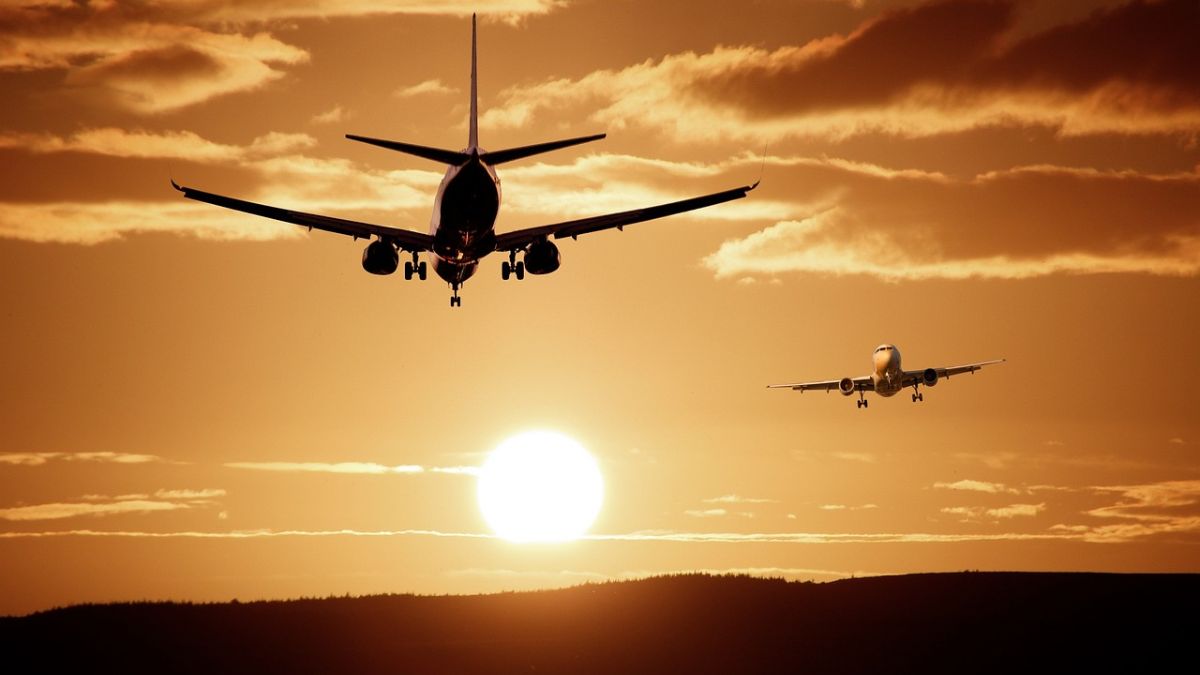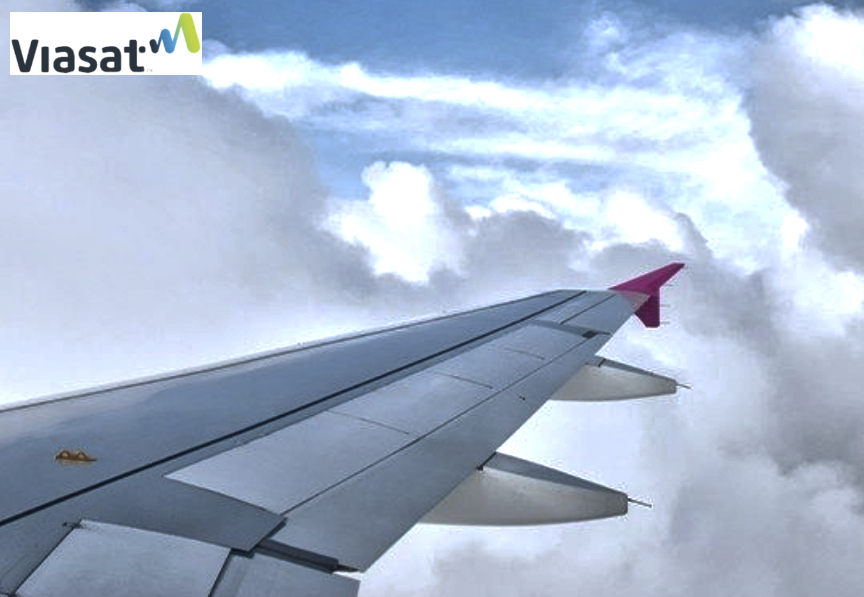Have you ever wondered how airlines determine the price of your air tickets? It’s not just about distance or the time of year; aviation experts reveal that airlines use sophisticated pricing strategies that take into account a myriad of factors to maximise profitability and also ensures seats are filled in the aircraft.
Flight prices fluctuate based on various factors beyond passenger demand alone. Airlines adjust prices in response to sales performance, economic conditions, fuel costs, and even competitor pricing strategies. This means that the price you see today could change tomorrow based on market dynamics rather than search volume.
Let’s delve into the factors behind the pricing of your airfare –
How airlines calculate your flight cost?
According to industry insights from Skyscanner, airlines base their pricing on a combination of distance, demand, and several other critical variables. The primary aim of the airline’s algorithm is to balance supply and demand effectively.
Demand Dynamics: Demand is the cornerstone of airline pricing. When demand is low, airlines lower prices to stimulate sales. Conversely, during peak travel periods or when demand surges, prices increase to capitalize on passenger interest.
Pricing ‘Buckets’: Airlines use a system of pricing tiers or ‘buckets’ for seats on a flight. Each bucket represents a range of prices, starting from lower fares to higher ones. As lower-priced buckets fill up, airlines open up the next, more expensive bucket.
Complex Algorithms: Airlines employ sophisticated algorithms to set these prices, considering factors such as the airline type (low-cost carrier vs. premium airline), specific route demand, time of booking, and cabin class preferences.
Seasonality: Flight prices vary significantly based on travel seasons. Prices tend to peak during school holidays, major festivals like Christmas and New Year, and summer vacations. Conversely, winter months outside of holiday periods often offer cheaper fares due to lower demand.
How to book cheapest flight tickets?
Tuesdays are often highlighted as the best day to book flights. This is because airlines frequently release discounts on Monday evenings, with the lowest prices typically available on Tuesday mornings. Booking early in the week can potentially save travelers between 15% to 25% on their airfare.
Booking last-minute flights can be more expensive due to limited availability and higher demand. To secure the best deals, aim to book at least four weeks ahead of your travel date, especially during peak seasons.









